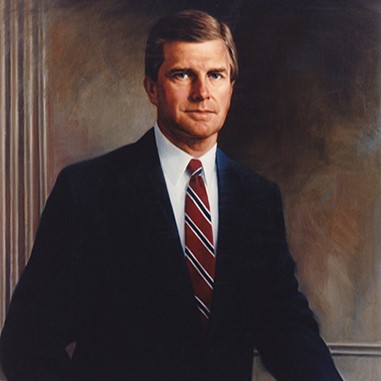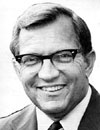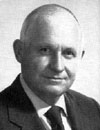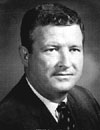This website uses cookies so that we can provide you with the best user experience possible. Cookie information is stored in your browser and performs functions such as recognizing you when you return to our website and helping our team to understand which sections of the website you find most interesting and useful. Please see our privacy policy for more information.
South Carolina
Gov. James Jr. Hamilton
- December 1, 1830 - December 13, 1832
- Democratic
- May 15, 1857
- November 15, 1857
- South Carolina
- Representative
- Army
About
JAMES HAMILTON JR. was born in Charleston, South Carolina. He received his formal education in Rhode Island and Massachusetts and went on to study law in Charleston, joining the South Carolina Bar in 1810. He joined the military during the War of 1812, starting as a First Lieutenant of Rifles, going on to serve with an infantry unit, and ultimately receiving promotions to Captain, Major, and Assistant Inspector General. When the war ended, he engaged briefly in cotton planting and then formed a law partnership. He served in the South Carolina House of Representatives from 1820 to 1822, as Intendant (mayor) of Charleston in 1822, and as a member of the U.S. House of Representatives from 1822 to 1829. Like his gubernatorial predecessor-Stephen Miller-Hamilton was a staunch supporter of the right of states to nullify federal law and won the state legislature’s backing when he called the 1832 South Carolina Nullification Convention, over which he presided. That convention passed the Ordinance of Nullification that declared the federal tariffs of 1826 and 1832 null and void within the state of South Carolina after February, 1833. Hamilton’s term of office expired the year of the convention, after which he was appointed Brigadier-General in command of state troops raised to enforce the nullification ordinance. He did not advocate civil war, however, and a compromise was achieved to settle the tariff question. Hamilton went on to operate a number of rice and cotton plantations, in addition to which he organized the Bank of Charleston and served as a director of the Louisville, Cincinnati & Charleston Railroad. He served briefly in the South Carolina Senate. In addition, he had a large land grant in Texas, where he was declared a perpetual citizen of the Republic of Texas and appointed the Diplomatic Agent of the Republic to France, Great Britain, Belgium, and the Netherlands. Hamilton died when the ship on which he was a passenger sank in the Gulf of Mexico.
Source
Sobel, Robert, and John Raimo, eds. Biographical Directory of the Governors of the United States, 1789-1978, Vol. 4. Westport, CT: Meckler Books, 1978. 4 vols.
The National Cyclopaedia of American Biography, Vol. 12. New York: James T. White & Company.












